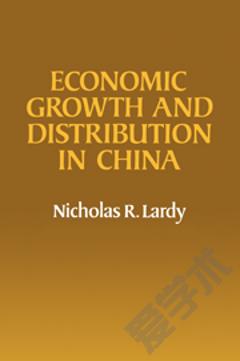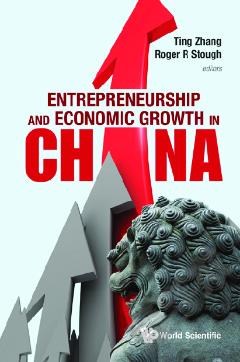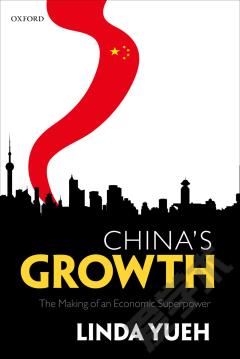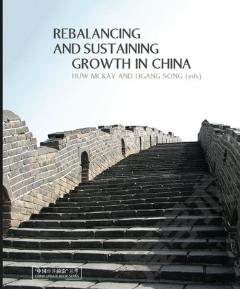Economic Growth and Distribution in China
This study maintains that China's system of economic planning tends to mitigate the trade-off between economic growth and equity that has been found to prevail in the early stages of development in most less developed countries. The analysis focuses on the Chinese leadership's attempt to improve economic efficiency by decentralizing economic management without encouraging, as a consequence, increased economic inequality among different regions. By examining the budgetary and planning process, focusing in particular on the fiscal relations between the centre and the far-reaching degree of resource redistribution undertaken by the central government through its control of interprovincial and intersectoral resource transfers. Professor Lardy's analysis highlights the essential features of Chinese economic growth and relates these to the experience of both developing and Soviet-type economies.
{{comment.content}}








 京公网安备 11010802027623号
京公网安备 11010802027623号